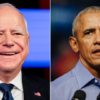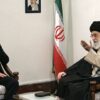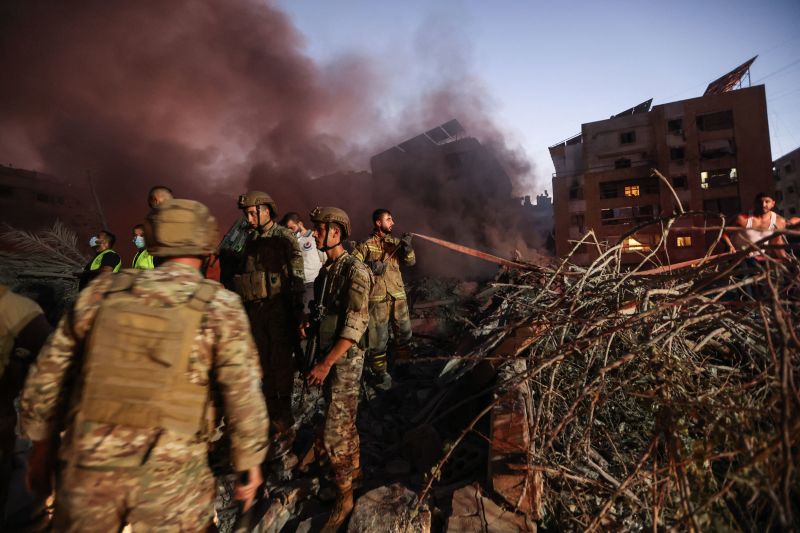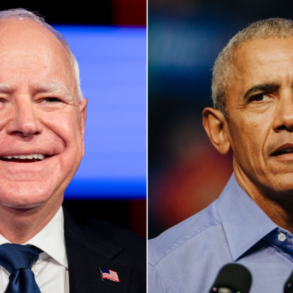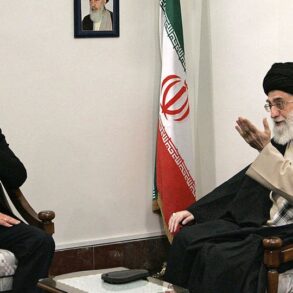Israeli Attack on Hezbollah Leader: Historical Context on Impact
The recent Israeli strike that killed Hezbollah leader Hassan Nasrallah has sparked significant escalation in the conflict between Israel and Hezbollah. However, historical context suggests that such strikes do not necessarily halt terrorist organizations. Here are the key points:
**Hezbollah’s Response**: Hezbollah has confirmed the death of Nasrallah and has vowed to continue its resistance against Israel. The group has already fired numerous missiles targeting northern and central Israel, as well as the Israel-controlled West Bank.
**Israeli Military Actions**: Israel has intensified its airstrikes, targeting multiple Hezbollah targets across Lebanon, including an underground compound in Beirut where Nasrallah and other senior Hezbollah figures were meeting. At least 20 other Hezbollah militants were killed in the strike, including two close associates of Nasrallah.
**Humanitarian Crisis**: The ongoing conflict has led to a humanitarian crisis in Lebanon, with over 1,000 people killed and 6,000 injured in the past ten days, according to the Lebanese Health Ministry.
**International Reactions**: The international community is closely monitoring the situation. Iran has declared five days of mourning for Nasrallah and has urged Muslims to support the Lebanese people and Hezbollah in their struggle against Israel. The United States has reaffirmed its support for Israel and characterized Nasrallah’s demise as “a form of justice for his numerous victims”.
**Future Prospects**: Despite the significant loss, experts suggest that Hezbollah may feel compelled to respond vigorously to maintain credibility among its fighters and supporters. This could potentially escalate the conflict further, complicating the possibility of negotiations for a ceasefire.


